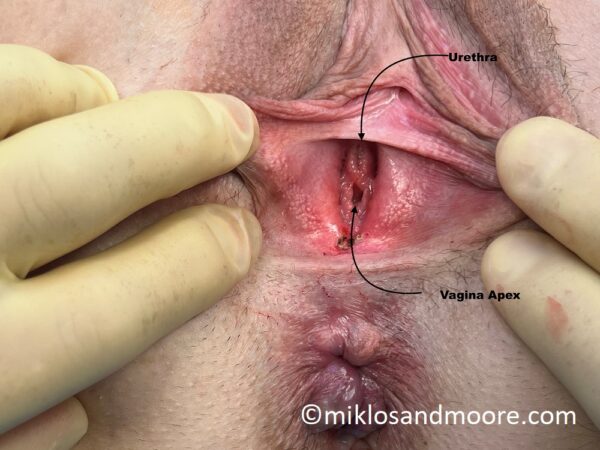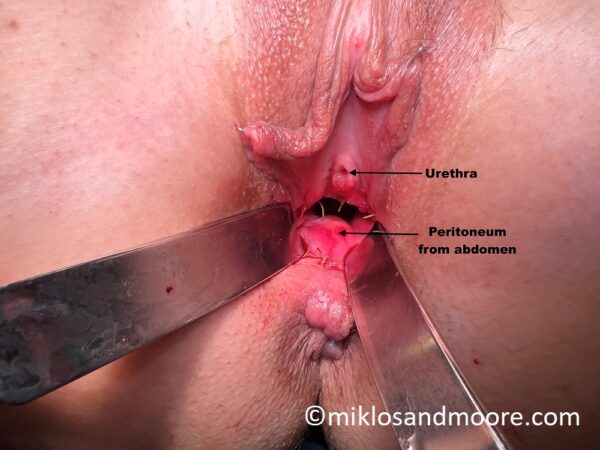DANGERS OF SEX WITH MRKH
Mayer-Rokitansky-Küster-Hauser (MRKH) syndrome is a congenital condition that suppresses the normal development of the female reproductive system resulting in a patient with underdeveloped or absent uterus, vagina, and cervix. An underdeveloped or short vagina can make vaginal penetration and intercourse challenging, however there are plenty of successful MRKH relationships and MRKH marriages which do not require vaginal intercourse. Vaginal intercourse is at the patient’s discretion, and this may require medical intervention.
Sexual activity with MRKH can be dangerous if not approached with caution and proper medical guidance. Though the danger is not life threatening, MRKH sex, specifically attempting vaginal intercourse may cause discomfort, pain, and bleeding resulting in physical and emotional trauma. It is important for individuals with MRKH to consult with their healthcare provider to discuss their sexual health options and any potential risks associated with sexual activity.
MRKH sex can be achieved through one of many options including: forgoing vaginal intercourse and engaging in oral and/or anal intercourse, vaginal dilation, and finally neovagina creation via surgery. Dilation is usually the first recommend intervention by most healthcare providers and this involves using a series of dilators to slowly stretch and enlarge the vaginal canal. This option can be difficult especially for younger patients as it can be quite time-consuming, uncomfortable, and ineffective even if the patient follows the prescribed instructions.
Another option is neovagina creation, which involves surgically creating a new vagina using skin grafts or other tissue.
Surgical procedure can help improve sexual function, however, like any surgery, there are risks and potential complications. A patient should be an informed consumer before taking on the commitment of vaginal dilators and neovagina surgery. See MRKH before and after photos of a patient who underwent MRKH neovagina surgery:
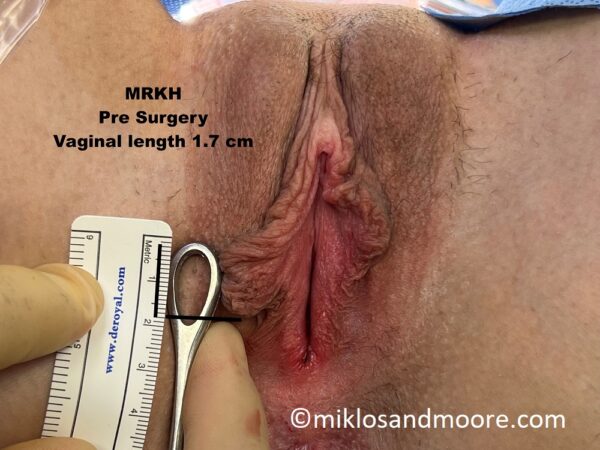
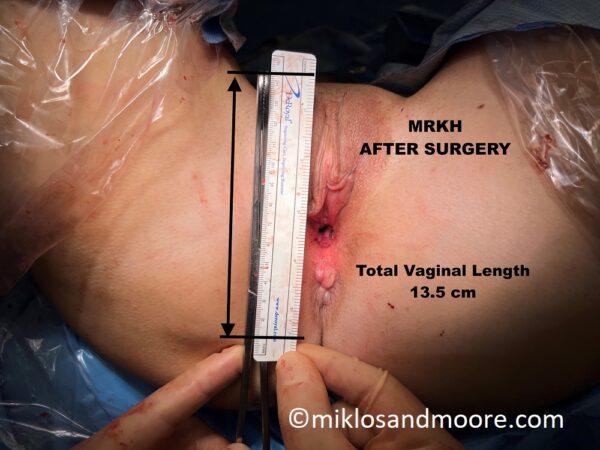
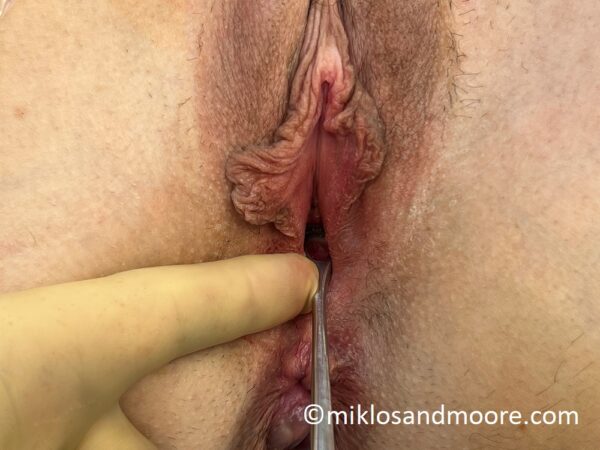
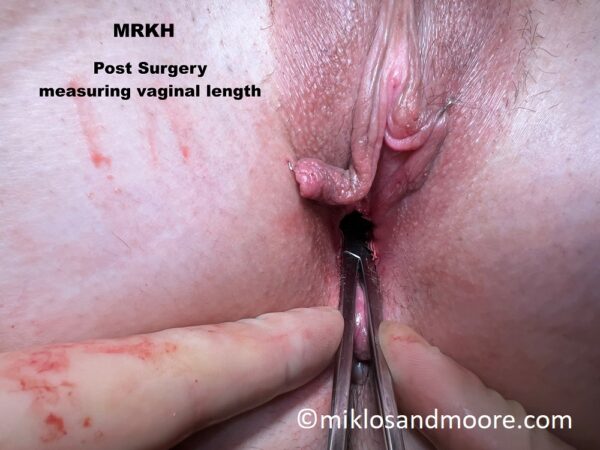
In addition, when considering marriage or an intimate relationship, women with MRKH should discuss their condition with their partner and should consider counseling to address any questions or concerns. Education and knowledge are important for both partners to understand the challenges associated with sexual activity.
In conclusion, sexual activity with MRKH can be painful, challenging, traumatic and potentially dangerous if not approached with caution and proper medical guidance. Medical intervention and counseling should ultimately be the decision of the MRKH patient and not her parents or healthcare provider. Medical intervention including both vaginal dilation and neovagina surgery are options for individuals hoping to engage in vaginal intercourse, but they come with risks and potential complications. Individuals with MRKH should seek guidance from other individuals with MRKH, support groups and healthcare providers and are encouraged to openly communicate with their partners to attain the most gratifying sexual experience.


